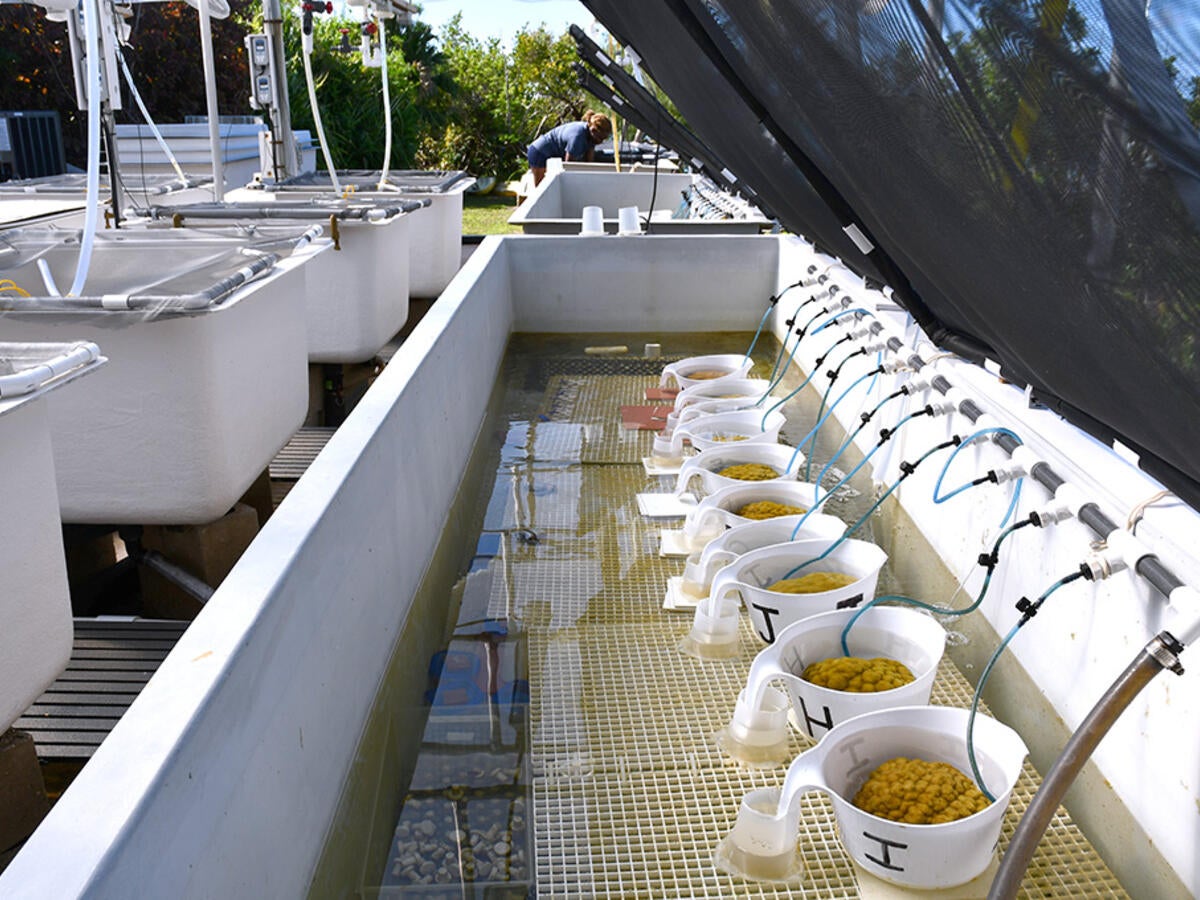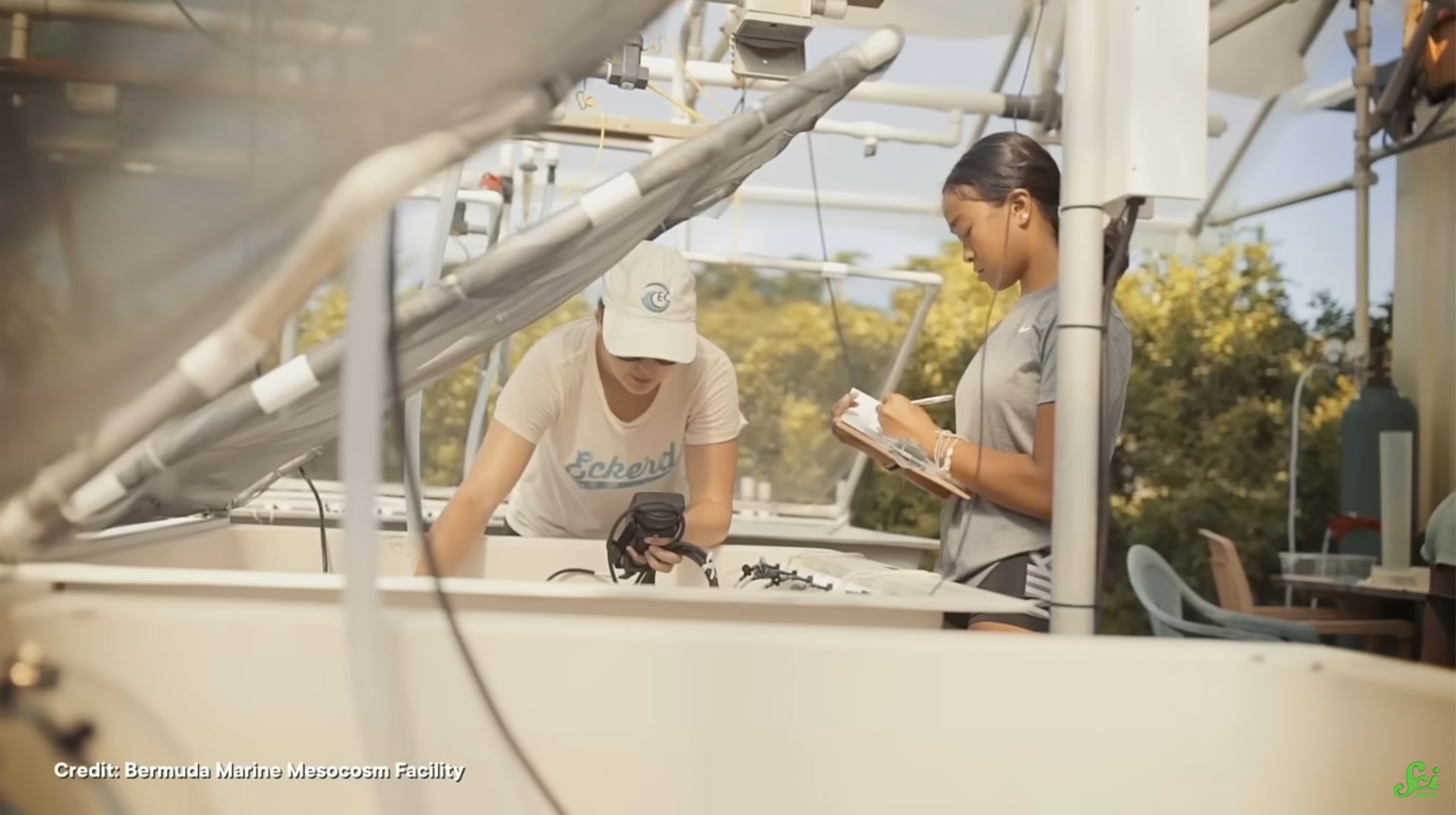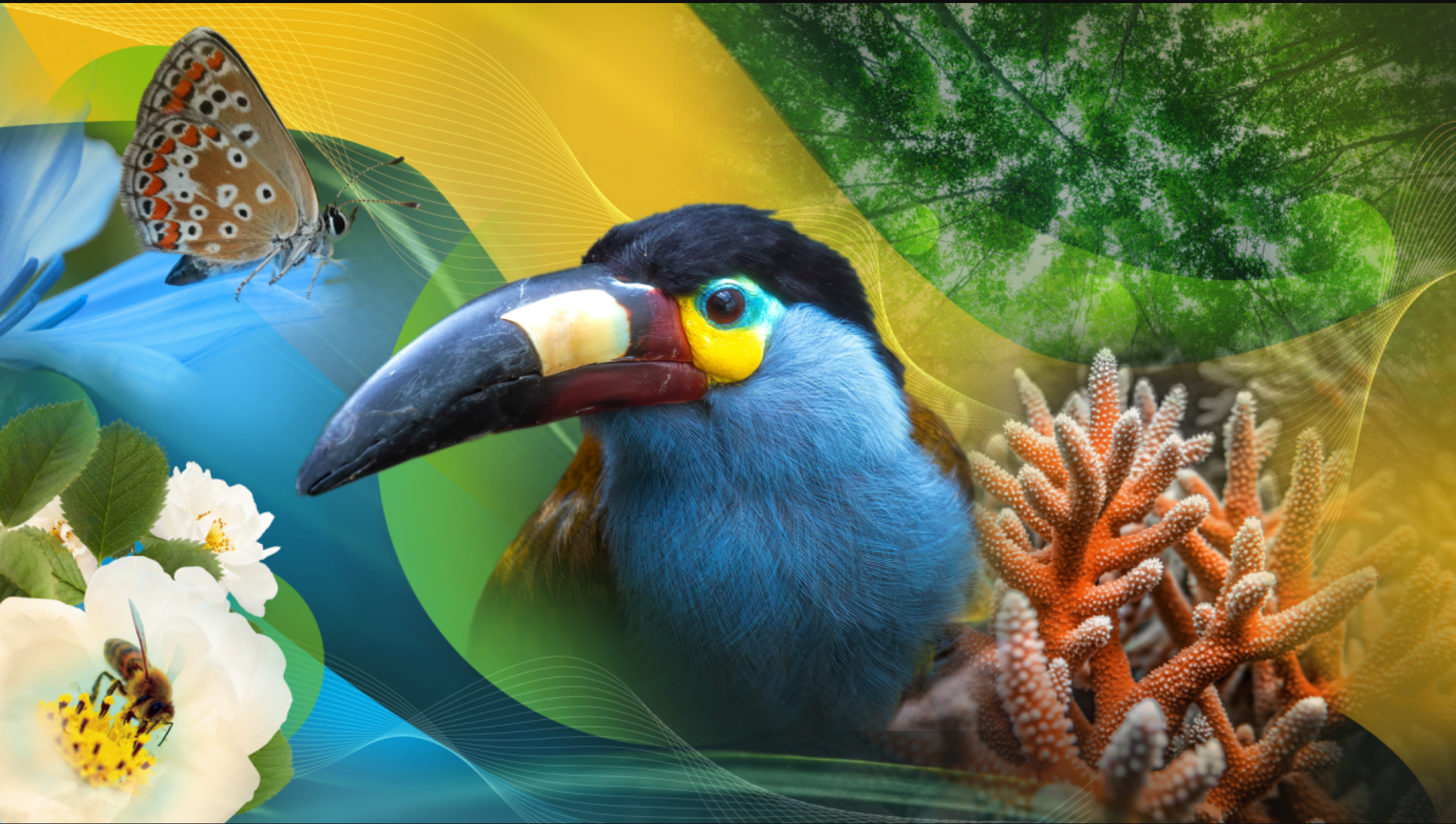
Marine Benthic Ecology and Ecophysiology
Yvonne Sawall is the principal investigator of the Marine Benthic Ecology and Ecophysiology (MABEE) Laboratory at ASU BIOS. Her research explores shallow-water coral reefs and seagrass meadows, integrating physiology, ecology, and oceanography. She focuses on how organisms and communities interact with their environment, particularly through key metabolic processes like photosynthesis, respiration, and calcification in foundation species such as corals and seagrass. Understanding their responses to ongoing environmental change is critical, as these species support ecosystems of high ecological and economic value that face growing local and global stressors. The MABEE Lab aims to reveal how coastal ecosystems may be impacted by climate change by studying the adaptive strategies and limitations of benthic communities and keystone species.
Sawall also leads the recently upgraded Bermuda Marine Mesocosm Facility (BMMF) which supports near-natural experimentation and organism husbandry. Other core instruments of the MABEE lab include a custom-built fully automated in-situ incubation setup (BIO-RESORT), instruments for continuous monitoring of in-situ environmental conditions (Seabird SeapHOx, McLane RAS water samplers, ADCP), Diving-PAM fluorometer, different lab-based incubation chamber setups, Metrohm titrator for total alkalinity, and various lab tools at BIOS and on the Tempe campus for tissue analyses.
3 Weird Ways Science Is Saving Coral Reefs
8 Ways to Protect Wildlife

Bermuda Marine Mesocosm Facility (BMMF)
The Bermuda Marine Mesocosm Facility (BMMF) is a robust and versatile state-of-the-art outdoor facility for experimental work and organism culturing.
The originally purpose-built mesocosm facility supported by the Heising-Simons Foundation was first used in 2018 and underwent a major upgrade with an NSF facility grant (#2129274) in 2022/2023

